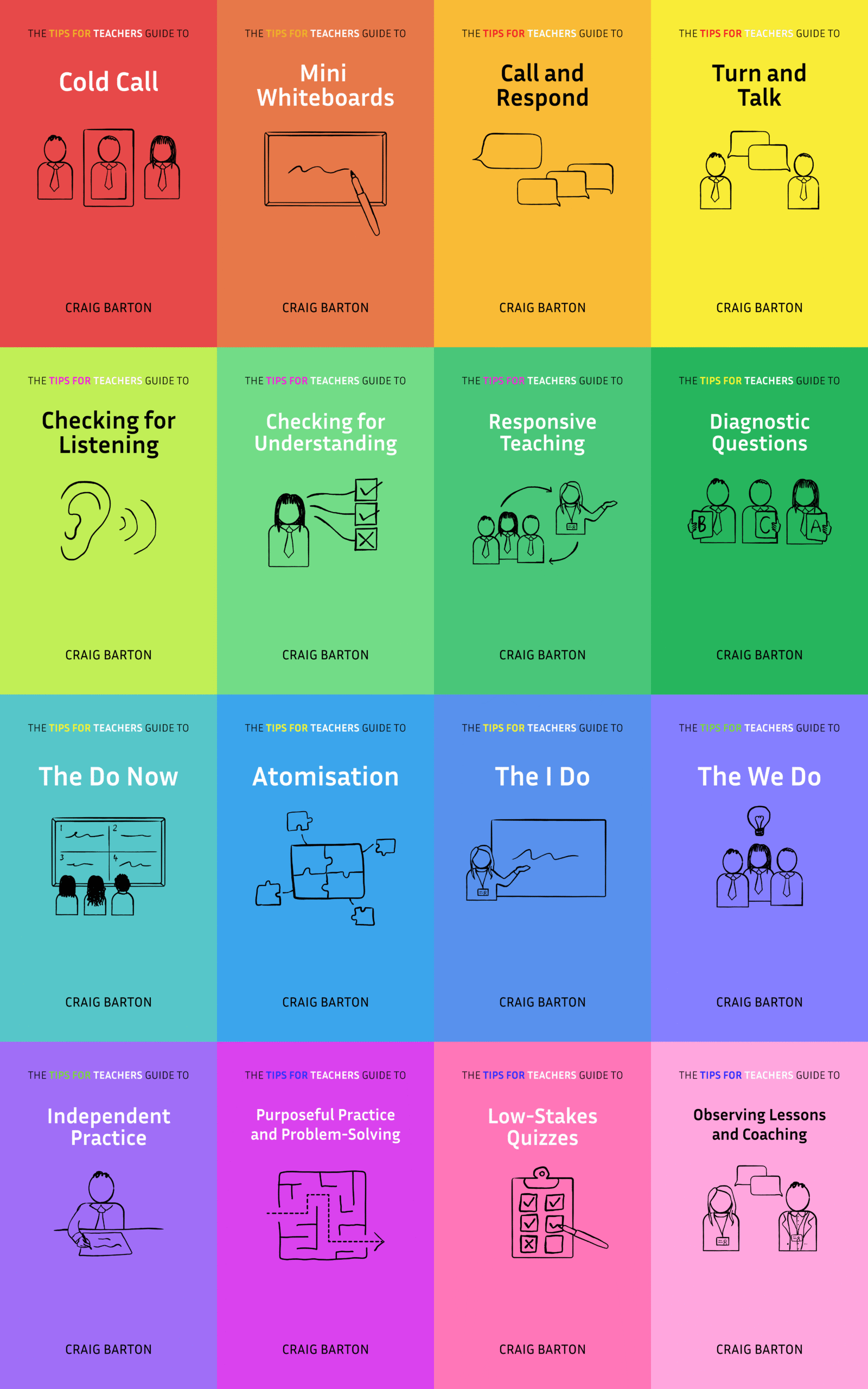Summary
This YouTube video excerpt offers advice for teachers on managing student behavior during substitute lessons. The core tip is to proactively teach students expected behaviors and roles before a substitute teacher arrives, assigning specific tasks to individual students and clearly communicating these expectations to the substitute. This approach aims to create a smooth classroom experience even in the absence of the regular teacher, fostering a sense of responsibility among students and improving the substitute teacher’s experience. The video emphasizes the importance of clear communication, preparation, and accountability to ensure students understand that their work remains valuable regardless of the teacher present. Failing to do so can result in chaotic and unproductive substitute lessons.
What are the key implications for teachers in the classroom?
Here are some key implications for teachers in the classroom, based on the source you provided:
- Teachers should explicitly teach students how to behave when a substitute teacher is present. This includes establishing clear expectations for behavior, work completion, and classroom procedures. For instance, teachers can outline specific steps students should follow, such as arriving at class on time, getting settled in their assigned seats, retrieving necessary materials, and commencing their assigned work promptly.
- Teachers should assign students specific roles and responsibilities to foster accountability. This could include tasks like handing out materials, managing equipment, or assisting the substitute teacher. By assigning these roles, teachers empower students with responsibility and promote a smoother lesson flow.
- Teachers should communicate their expectations clearly to both students and the substitute teacher. This involves providing a seating chart, identifying helpful students, and outlining the learning objectives and assessment criteria for the assigned work. This open communication ensures everyone is on the same page and facilitates effective classroom management.
- Teachers should establish a system for feedback and accountability to ensure that work completed during a substitute’s lesson is reviewed and valued. This reinforces the message that learning remains a priority, even in the teacher’s absence. Teachers can implement various methods for reviewing student work, such as collecting completed assignments, providing feedback on student progress, or incorporating the substitute’s observations into future lesson plans.
- By implementing these strategies, teachers contribute to a positive and consistent school culture where learning is valued and respected, regardless of who is leading the classroom. A well-prepared class with clear expectations signals that students understand the importance of continuous learning and respect the school community as a whole.









